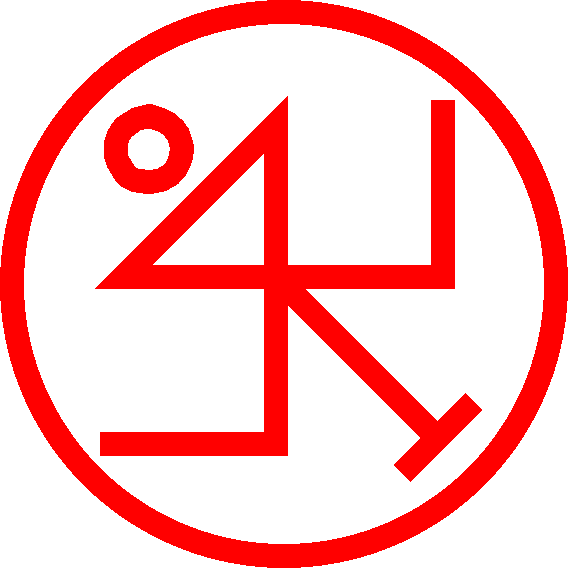In the central ritual of Zoroastrianism, the Yasna, while the priests are reciting their professions of faith and the hymns of Zarathushtra, thanking God for his blessings, opposing the forces of evil, asking that all people have freedom to follow their consciences (yup, that’s in there too), there’s a few other things they are doing at prescribed points in the liturgy:
- taking fresh bread and clarified butter, blessing them, and eating them
- pounding ephedra twigs for their sap and mixing it with milk
- drinking the ephedra concoction as a stimulant
And I should have said that this ritual is properly performed only in the morning, and it takes about 2 hours.
I don’t know about you, but when I have hot bread and butter and a stimulant drink in the morning, I call it breakfast.
I’m being a little flippant, but I mean it good-naturedly. It seems to me that the priests are doing what most people do in the morning: having a little food and a perk-me-up, and turning their minds towards their daily work (which happens to be praising God and fighting evil).
Looks like this a fine example of mindful and attentive practice of an important part of daily life, and the Good Religion has made it the most sacred part of worship. Start the day off on the right foot, with the right attitude, and the rest is made that much easier.
The Zoroastrians divide the day into five periods, each with a name in Avestan. The Harvard professor of Iranian Studies, Prods Skjærvø, has translated the morning period’s name as “ephedra-pressing hour.” Or to frame it as I have framed it above: Time for coffee.
